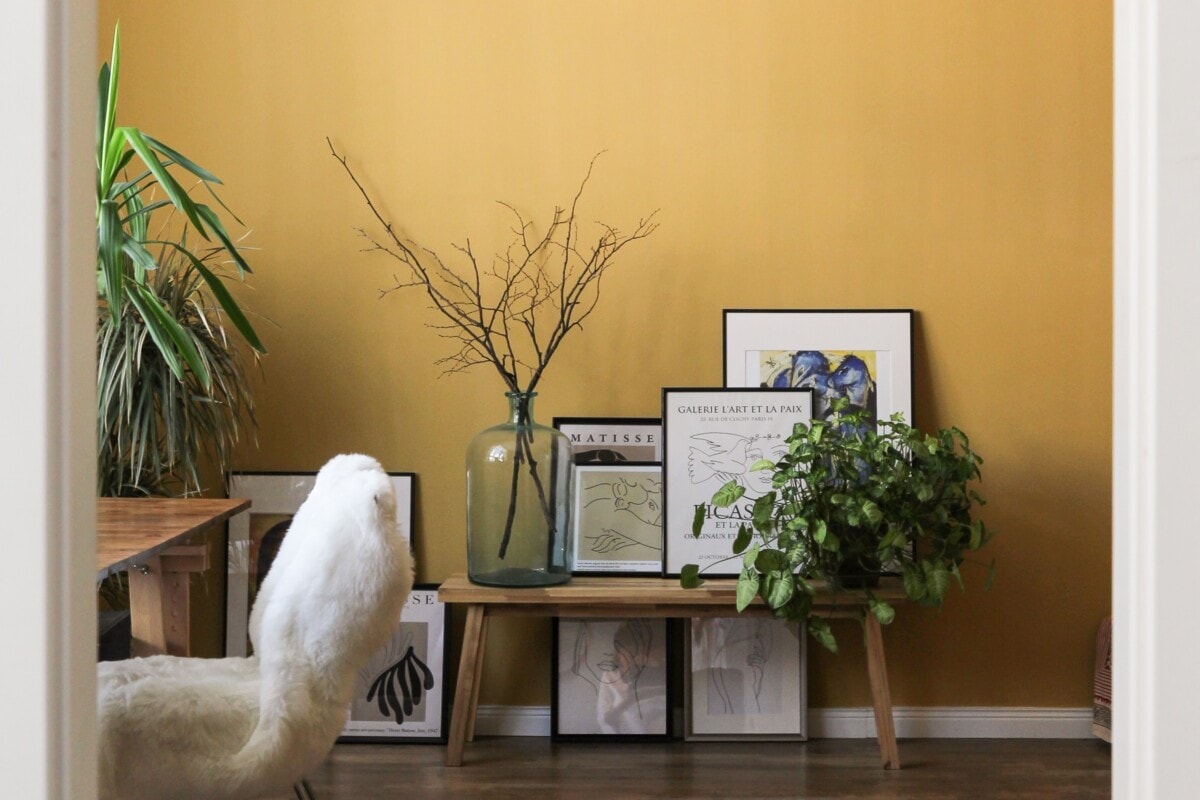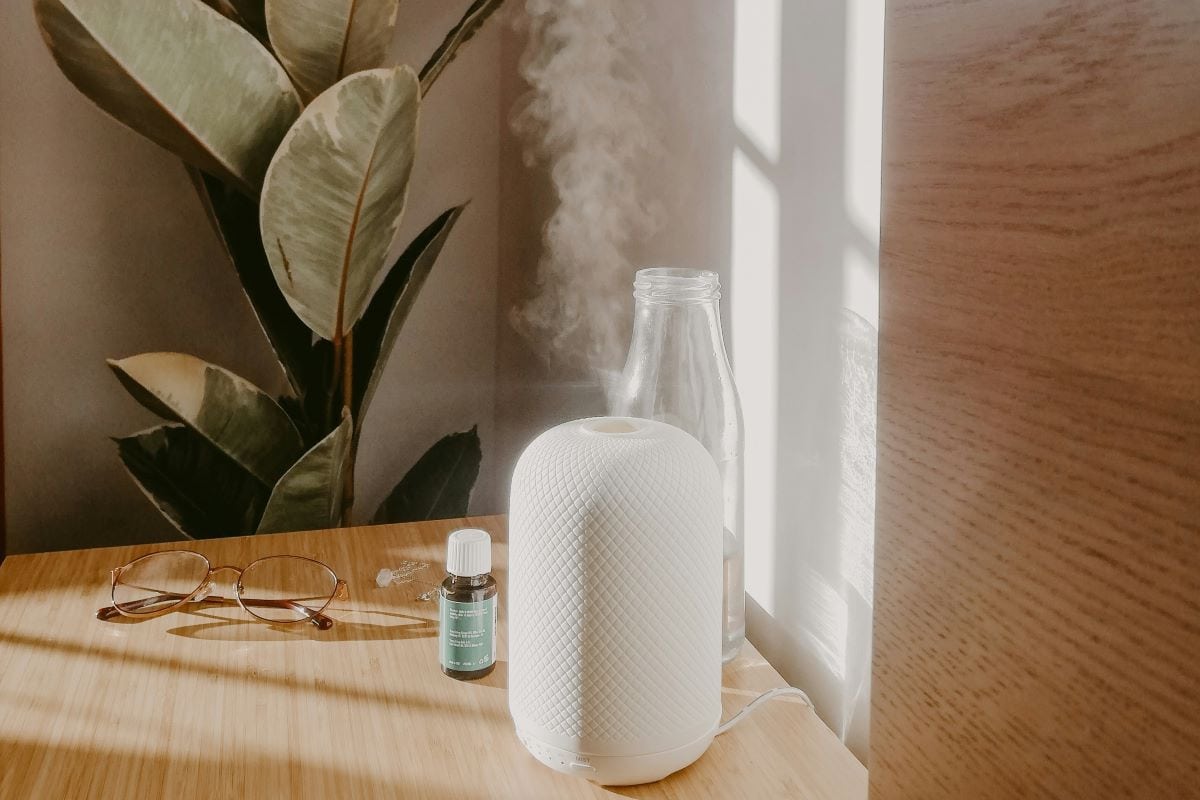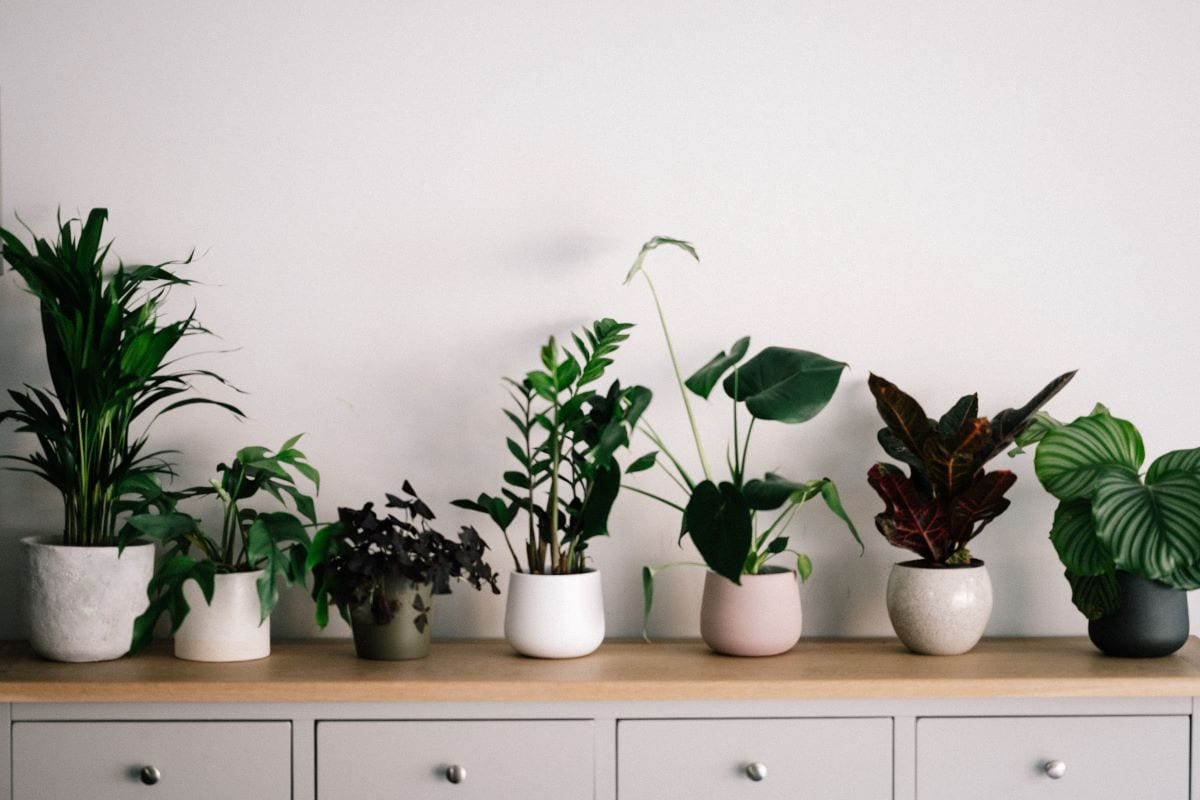
Whether you’re getting ready to sell your Denver, CO house or simply want to freshen up your living space, the last thing you want is an unpleasant odor ruining the vibe. If you live in an older building, you may be dealing with “old house smell,” or a musty aroma lingering in the air. If you want your home to make a better impression on guests and homebuyers alike, read this Redfin article to find out how to give yourself and visitors a breath of fresh air.

What causes old house smell?
“The “old house” smell often stems from a combination of factors, including poor ventilation, the accumulation of dust, mold, and mildew, and the presence of aged materials such as wood and fabrics that release odors over time,” according to Clean Hippo, a Jacksonville-based cleaning company. “Additionally, older homes may have absorbed years of various scents, leading to a distinct and sometimes musty smell.”
How to get rid of old house smell
Eliminating old house smell requires a combination of cleaning, deodorizing, and addressing the root causes. Here’s a step-by-step guide:
1. Identify and address moisture issues
Moisture is a common culprit behind the old house smell, often leading to mold and mildew growth. Start by identifying any leaks in your plumbing, roof, or basement, and have them repaired promptly. Improving ventilation in areas prone to moisture, such as bathrooms and kitchens, can also help. Installing exhaust fans or using dehumidifiers in these areas can significantly reduce humidity levels, making it less hospitable for mold and mildew. Regularly checking and cleaning gutters and downspouts is also important to prevent water damage and dampness.
2. Deep clean and deodorize
Fabrics in your home, like carpets, upholstery, curtains, and even wallpapers, can absorb and retain odors over time. A deep cleaning of these items is essential. You can start by vacuuming and steam cleaning carpets and upholstery. Baking soda is a great natural deodorizer; sprinkle it on carpets, let it sit for a few hours, and then vacuum it up. For more persistent odors, consider hiring professional cleaning services that have access to powerful cleaning agents and equipment. Don’t forget to wash or dry clean curtains and other draperies.
3. Ventilate your home
Ana Guerrero of Ana’s Cleaning Services emphasizes the importance of ventilation. Fresh air can do wonders in eliminating stale odors. Open windows and doors whenever the weather permits to allow cross ventilation. Using fans strategically can help circulate air more effectively, especially in rooms without windows. Air purifiers, particularly those with HEPA filters and activated carbon, can also aid in removing particulate matter and odors from the air.
4. Replace or repair damaged materials
Inspect your home for any materials that might be contributing to the old house smell. This includes damaged wood, old carpets, or wallpaper that may have been exposed to moisture or mold. In some cases, cleaning might not be sufficient, and these materials will need to be replaced. Look for signs of rot or mold in wooden structures and consult with a professional if you’re unsure. Replacing old carpets with new, low-VOC (volatile organic compounds) options or hard flooring can also help in reducing odors. If repainting is an option, use paints designed to combat mold and mildew.
Other causes of unpleasant smells in the home
Old house smell is just one of many potential unpleasant odors in a home. Other common culprits include:
Cooking odors
Cooking odors, especially from strong-smelling foods like fish, garlic, or spices, can linger long after the meal is finished. To combat these smells, proper ventilation is crucial. Open windows or use an exhaust fan while cooking to help dispel odors. Additionally, air purifiers with activated carbon filters can be effective in absorbing food smells.
Pet odors
Pets are a beloved part of many families, but they can also be a source of persistent odors. Regular grooming of pets can significantly reduce the amount of hair and dander in the home, which are often contributors to the smell. Cleaning pet bedding, toys, and litter boxes frequently is also essential. For homes with carpets, vacuuming regularly and using pet-friendly carpet fresheners can help. In addition, there are air fresheners and deodorizing sprays specifically designed to be safe around pets while effectively neutralizing pet odors.
Trash and garbage disposal smells
Decaying food scraps and other waste can cause unpleasant odors in the kitchen. Timely disposal of trash is key. It’s beneficial to regularly clean both the trash can and the area around it with disinfectant. For garbage disposals, grinding up lemon slices or baking soda can help neutralize odors. Additionally, regularly cleaning the disposal blades and ensuring they are in good working order can prevent the buildup of food particles that cause bad smells.
Cigarette smoke
Cigarette smoke can be particularly challenging to remove as it tends to cling to fabrics, walls, and furniture. Thorough ventilation is the first step in addressing cigarette smoke odors. Opening windows and using fans can help circulate fresh air and disperse the smoke. Cleaning all surfaces, including walls, ceilings, carpets, and upholstery, is necessary as smoke particles can adhere to almost any surface. Air purifiers designed to filter out smoke particles can be particularly effective. In severe cases, professional cleaning services or repainting walls may be required to completely eliminate the odor.

How to make your house smell good
Now that you’ve tackled the old house smell and other potential sources of unpleasant odors, here are some tips to keep your home smelling fresh:
Natural fragrances
Utilizing natural fragrances is a wonderful way to keep your home smelling fresh without the use of harsh chemicals. Essential oils can be used in diffusers to disperse pleasant scents throughout your home; popular choices include lavender for relaxation, citrus for energizing, and eucalyptus for a clean, crisp aroma. Potpourri, made from dried flowers and spices, can provide a subtle fragrance and also serve as a decorative element. Additionally, consider natural air fresheners made from plant-based ingredients, which are less likely to cause irritation or allergic reactions compared to synthetic fragrances.
Regular cleaning
A consistent cleaning routine is essential for maintaining a fresh-smelling home. Regularly dusting and vacuuming removes particles that can contribute to musty odors. Pay special attention to areas prone to moisture, such as bathrooms and kitchens, as these can become breeding grounds for mold and mildew. Washing textiles like curtains, bedding, and upholstery can also significantly reduce odors. Don’t overlook less frequently cleaned items like rugs, pillows, and pet beds.

Indoor plants
Indoor plants are not only aesthetically pleasing but also beneficial for indoor air quality. They help filter out common household toxins and can add a subtle natural fragrance to your home. Consider plants like jasmine or gardenia for their pleasant scents, or choose air-purifying varieties like spider plants, peace lilies, and snake plants. Remember to maintain your plants properly, as overwatering can lead to mold growth.
Open windows
One of the easiest ways to refresh your home’s air is to regularly open windows and doors to allow fresh air to circulate. This helps to disperse any stagnant air and introduce a flow of fresh air, naturally diluting and removing indoor pollutants. This is particularly effective after cleaning, cooking, or when you’ve had guests over, as it helps to quickly clear out any lingering smells.
Baking soda
Baking soda is a simple yet effective odor neutralizer. Place open containers or bowls of baking soda in various areas of your home, such as the kitchen, bathroom, and near pet areas, to absorb and neutralize odors. You can also sprinkle baking soda on carpets and upholstery, leave it for a few hours, and then vacuum it up to freshen these fabrics. Baking soda is non-toxic, making it a safe choice for households with children and pets.
Eco-friendly solutions
“For that lingering old house smell, try placing bowls of white vinegar around the affected areas; its natural acidity helps neutralize musty odors”, says Leonardo Vela, founder of Natural Zen Cleaning in Durham, NC “Additionally, consider simmering a pot of water with citrus peels, cinnamon sticks, and cloves to infuse your home with a pleasant, natural fragrance, ensuring a fresh and inviting atmosphere without the use of harmful chemicals.”
By addressing the root causes of old house smell and implementing these tips, you can transform your living space into a welcoming and fresh environment. Remember, a clean and well-maintained home not only smells good but also promotes a healthier lifestyle.
The post How to Get Rid of “Old House Smell” and Other Unpleasant Odors appeared first on Redfin | Real Estate Tips for Home Buying, Selling & More.
